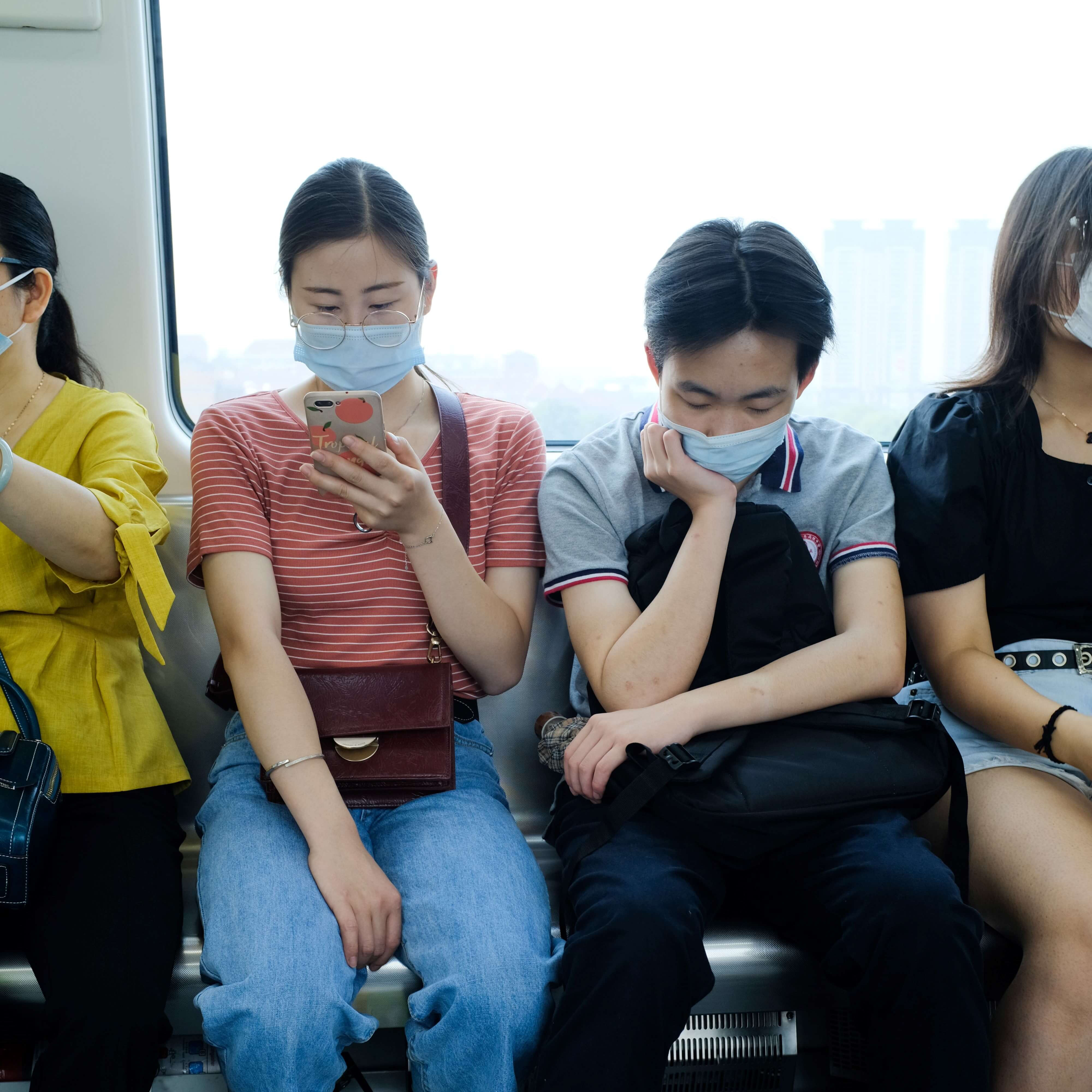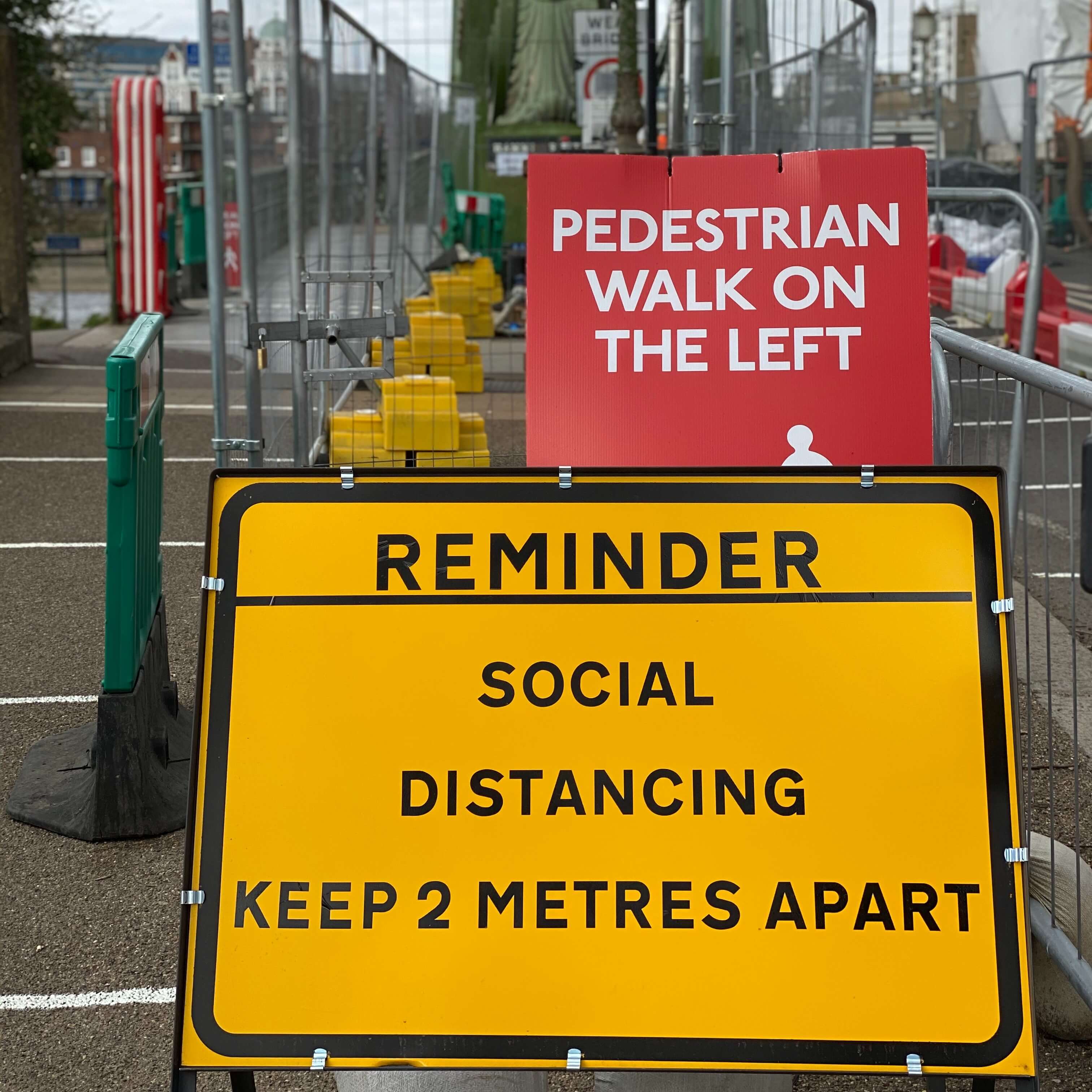
How Long Do Covid Antibodies Last?
You need to understand a lot about COVID-19, from preventive measures to taking the test, amongst others. One major thing you must consider, regardless of whether you've had the virus, got the vaccine, or even both, is understanding immunity. This means learning about immunity after COVID-19 and how long COVID-19 antibodies last.
This article will cover the various types of immunities against COVID-19, how long antibodies last, and how to vaccinate children.
How Does Natural Immunity Work After Coronavirus?
A person's immune system can remember the viruses it has been exposed to.
According to The National Institutes of Health (NIH), if you are exposed to a pathogen a second time, your immune cells and proteins will be able to recognise it and kill it. This can keep you from getting sick and lessen the severity of an infection you already have.
A few factors determine immunity, and here they are:
- Antibodies are proteins that travel through the bloodstream to find and kill harmful substances like viruses.
- With the help of helper T cells, pathogens can be found.
- The killer T cells destroy the pathogens.
- B cells make new antibodies when the body needs them.
Scientists have linked recovery from COVID-19 to the four components mentioned above. That said, it is still not clear what this means for the immune response and how long immunity lasts.
Generally, it is unclear how long protection against a natural infection would continue or how effective it would be against various infections.
Some people believe that, much like with measles, if they contract COVID-19 once, they will never be susceptible to contracting it again.
However, the viruses that are responsible for these two diseases are completely unrelated. Therefore, unfortunately, COVID-19 immunity after infection declines over time.
On the bright side, researchers are familiar with the behaviour of other human coronaviruses, which may assist them in comprehending immune responses to COVID-19.
It is important to remember that COVID-19 is caused by a coronavirus, the same type of virus that causes the common cold. Thus, the COVID-19 natural immunity duration is similar to the common cold.
So, how long does natural immunity to COVID-19 last? It is difficult to estimate how long natural immunity to COVID-19 will last because new virus strains are always being discovered and spread. Hence, you should consider getting the vaccine.
How Does Vaccine Immunity Work?

Only vaccinations made by Pfizer-BioNTech, Moderna, Novavax, and Johnson & Johnson can currently be given to adults in the United States.
These four COVID-19 vaccines have proven to be highly efficient in enhancing the body's immune response to the virus.
Pfizer, Moderna, and Novavax all have vaccines that call for two injections, with each dose spaced out by a few weeks from the next. On the other hand, only a single dose is necessary for those manufactured by Johnson & Johnson.
You can get the highest level of protection through vaccine boosters manufactured by Moderna, Pfizer, and Johnson & Johnson. However, at this time, you shouldn't get any booster shots from Novavax, and you should avoid them completely.
When you have received full vaccination protection, your body will store a supply of T and B cells that, similar to how it works with natural immunity, will remember how to fight the virus in the future. This will protect you against subsequent outbreaks.
Your body will create T cells and B cells over a few weeks after vaccination. As a consequence of this, it is still possible for you to become infected with the COVID-19 virus before immunity develops.
What Is Hybrid Immunity?
Hybrid immunity is a combination of vaccine and natural immunity. When a person gets vaccinated after having a natural infection, their antibody levels rise to a higher level.
Furthermore, those with higher antibody levels have stronger immune systems that last for a longer period.
This hybrid immunity also applied to COVID-19. When antibodies after infection and vaccination were subjected to testing in a laboratory, it appeared that there was improved protection against other COVID variations.
In addition, research indicates that the effects of hybrid immunity can last for more than a year.
How Long Do Covid Antibodies Stay in the Body?
Neutralizing antibodies stay in people with COVID-19 for a few months before they slowly reduce in number. A clinical study of 5882 people who had recovered from COVID-19 infection found that antibodies were still present in their blood five to seven months after infection. This observation was for both mild and severe cases. However, people with severe cases had more antibodies in the end.
According to reports from Moderna vaccine research, participants in a trial were found to have high levels of antibodies six months later after getting their second vaccine. Another study showed that a single injection of the Oxford-AstraZeneca vaccine for three months produced strong antibodies that didn't change much.
Even if an incredible ability to neutralise gets weaker, a wide range of responses due to vaccines may lead to better protection in the long run.
That said, more research needs to be done to find out exactly how the body fights off the SARS-CoV-2 infection and how long polyfunctional antibodies may work as a defence after infection or vaccination.
Does Immunity Affect Re-infection?
There is a very low chance that the COVID-19 infection will return. Those who become infected with the virus after receiving a vaccination most likely display just mild symptoms.
Despite this fact, those who catch the virus again can pass the infection on to others. Thus, you need to take precautionary measures to ensure you do not unknowingly spread the virus.
If you worry that you might have gotten the virus for a second time, you should quickly take a nose-only lateral flow test. You can buy a FlowFlex Covid-19 test or a Healgen test kit.
Vaccination for Children
Even while severe COVID-19 cases in children are rather rare, they are not impossible to find.
Vaccinating children is necessary given the production of new strains of the virus, such as Omicron, and the continued circulation of older strains, such as Delta.
Hence, the Food and Drug Administration (FDA) enacted a special authorization (EUA) of the Pfizer-BioNTech and Moderna coronavirus vaccines suitable for children as young as six months old for emergency use.
In addition, the Centers for Disease Control and Prevention (CDC) advises parents of children who are receiving vaccines from Pfizer to give their children the booster injections listed below.
5-to-11-year-old
Initial Booster
- Most kids should take this booster five months after the last dose of the first series.
- Children with compromised immune systems should take this booster shot at least three months after the last dose of the initial series.
Second Booster
- Children at this age do not need a second booster dose.
12-to-17-year-old
Initial Booster
- Most children and teens should receive a booster dose of the Pfizer vaccine at least five months after the last dose in the first series.
- Children or teens with compromised immune systems should take this booster at least three months after the last dose of the preceding series.
Second Booster
- Children or teens with compromised immune systems should take the second booster at least four months after the initial booster dose.
Importance of COVID-19 Boosters
Following the second dosage of the vaccine, the recommended duration for a booster shot to be administered is 12 months. This is a result of a variety of factors.
For one, older folks have compromised immune systems. Therefore, it is possible for them to become infected with the virus during the colder months when it is most prevalent. Consequently, it is possible that you require boosters to guard against future strains of SARS-CoV-2.
Even though most people know that SARS-CoV-2 changes slowly, preliminary research has shown that the booster still reacts well with newer strains of the virus.
Due to this, it is likely that the immunity you get from the initial vaccines will be more than adequate enough to battle any new strains of the virus that emerges.
The current vaccinations should offer sufficient protection against not just the variations presently circulating but any future variants that are likely to emerge.
Conclusion
It is essential to have a good understanding of how long antibodies remain active and how long it takes to become immune to COVID-19.
Even while it is possible to develop a natural immunity after being exposed to COVID-19, this immunity will eventually wear off. This also applies to vaccine-induced immunity. That said, the antibodies can remain in your body for anywhere between three and seven months after receiving a vaccination.
Keep in mind, however, that your immunity after vaccination does not happen quickly and takes weeks to develop. Furthermore, it decreases over time, and you will need a booster shot. In addition to that, these boosters have the potential to be effective against more recent strains of the virus.



